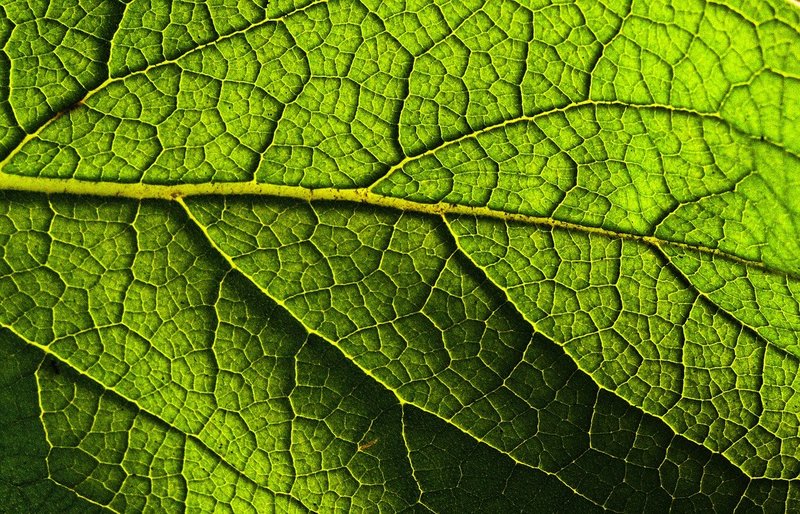Why do plants have leaves?
 Leaves are nature’s food factories.Plants, including trees, take water from the ground through their roots. They also take in a gas called carbon dioxide from the air through tiny holes in their leaves, which are called ‘stomata’. The plants use sunlight shining on their leaves to turn this water and the gas into glucose, which is a kind of sugar. They create oxygen as a by-product of this process.
Leaves are nature’s food factories.Plants, including trees, take water from the ground through their roots. They also take in a gas called carbon dioxide from the air through tiny holes in their leaves, which are called ‘stomata’. The plants use sunlight shining on their leaves to turn this water and the gas into glucose, which is a kind of sugar. They create oxygen as a by-product of this process.
Plants use the sugar as food for energy and to grow. The process through which the plants turn the water and gas into sugar is called photosynthesis.
Read More: Why do Leaves Change Colour?